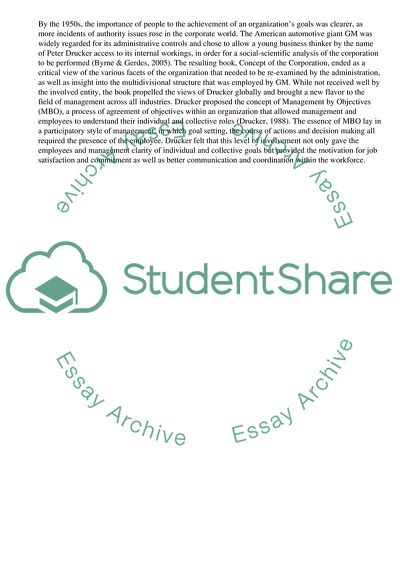Cite this document
(Peter Druckers Management Article Example | Topics and Well Written Essays - 2500 words - 18, n.d.)
Peter Druckers Management Article Example | Topics and Well Written Essays - 2500 words - 18. Retrieved from https://studentshare.org/management/1736450-management
Peter Druckers Management Article Example | Topics and Well Written Essays - 2500 words - 18. Retrieved from https://studentshare.org/management/1736450-management
(Peter Druckers Management Article Example | Topics and Well Written Essays - 2500 Words - 18)
Peter Druckers Management Article Example | Topics and Well Written Essays - 2500 Words - 18. https://studentshare.org/management/1736450-management.
Peter Druckers Management Article Example | Topics and Well Written Essays - 2500 Words - 18. https://studentshare.org/management/1736450-management.
“Peter Druckers Management Article Example | Topics and Well Written Essays - 2500 Words - 18”, n.d. https://studentshare.org/management/1736450-management.


